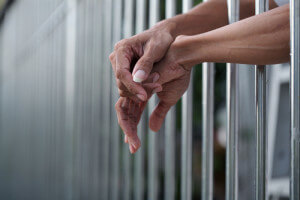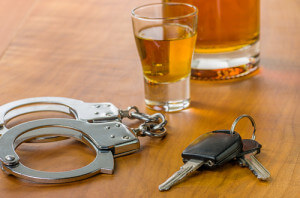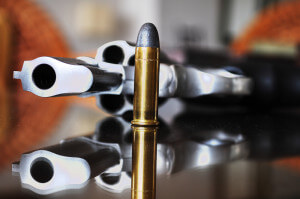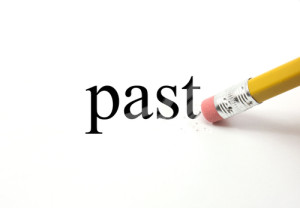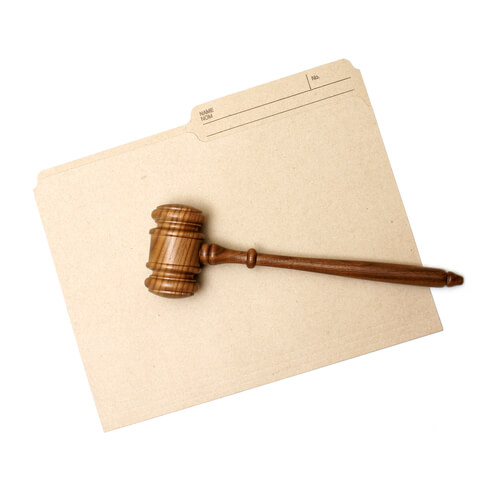 Drug expungement is a popular option for those who worry about life after conviction. It’s not a perfect solution for everyone, but it’s a great option to consider. An experienced criminal defense attorney can help you work towards expungement.
Drug expungement is a popular option for those who worry about life after conviction. It’s not a perfect solution for everyone, but it’s a great option to consider. An experienced criminal defense attorney can help you work towards expungement.
A drug charge may keep you from living your life the way you desire. From getting a good job and earning more money to purchasing a home, criminal convictions are no fun. Today, more than 80 percent of employers conduct background checks. Consequently, in today’s volatile job market, a drug charge can make job hunts a challenge. Even if you pass a drug test, the challenge persists.
Expungement refers to the process of sealing arrest and conviction records. Once an arrest is no longer on your record, potential employers or landlords have the right to its disclosure. In turn, it’s relatively easy to expunge your California criminal record. If you are eligible, your record can be clear very quickly.
Expungement Eligibility
There are certain entry requirements to meet if you’re looking for a drug expungement. The list is as follows:
- Any mandatory drug treatment is complete,
- Probation is complete, and
- Any other punishments related to the drug charge completed.
If you meet all of the above requirements, you are eligible for expungement in California. This process, if approved will set your conviction aside or dismissed entirely.
Once California releases your conviction, the crime is no longer on your record. As a result, you’re free from all penalties and disabilities resulting from the conviction. Additionally, you don’t have to answer ‘yes’ on criminal history questions on job applications. Truly, it’s as if the crime did not happen.
Other Rights After Expungement
Although a conviction disappears via expungement, not all rights are the same after a conviction. Regardless of expungement, some rights are revoked indefinitely.
One example is the right to possess a firearm. This right will not restore after expungement. Additionally, you must disclose your criminal history in any application for public office or a position as a peace officer. You must also disclose it for licensure by any state or local agency, or when contracting with the California State Lottery. Lastly, you must disclose when serving on a jury.
Keep in mind, your disclosure should not hurt you. Legally, the disclosure of a conviction cannot in any way result in the denial of employment or benefits.
Denial of Expungement
Certain convictions are not eligible for expungement consideration. Firstly, you may not expunge your conviction if you served your sentence in state prison. Also, depending on the severity of the crime, some just may not be up for clearance. Under California state law, some crimes are more heinous than others. These crimes include serious sex offenses committed against children. Additionally, in some cases, murder and other violent crimes are not eligible.
Expungement Process
Before the court will grant you a drug expungement, there are several steps you and your criminal defense attorney must follow. These include:
- Analyzing the case to determine you are eligible for an expungement,
- Performing legal research regarding the current and relevant law,
- Filing the appropriate paperwork within the proper time frames, and
- Attending the hearing in court.
Even if you follow these steps, and the judge grants you a drug expungement, there may still be limitations as to what an expungement can do for you. Expunged convictions can still be used as prior convictions in order to enhance sentencing for future crimes, and can be used as a ‘strike’ for the purposes of California’s three strikes law.
In most cases, juvenile offenders and those who have been arrested or convicted for drug crimes may have an easier time expunging their criminal history. It’s important to note that possession of marijuana for personal use should automatically be erased from your criminal record after two years – this does not apply to convictions for growing, selling, or transporting marijuana.
Hire a Lawyer
The Kavinoky Law firm hires the best criminal defense attorneys in California. Our excellent and experienced attorneys work hard to fight for their clients’ rights. If you find yourself on the wrong side of the law, call 1.800.No.Cuffs for a free consultation.
Find a DUI Lawyer Near Me




